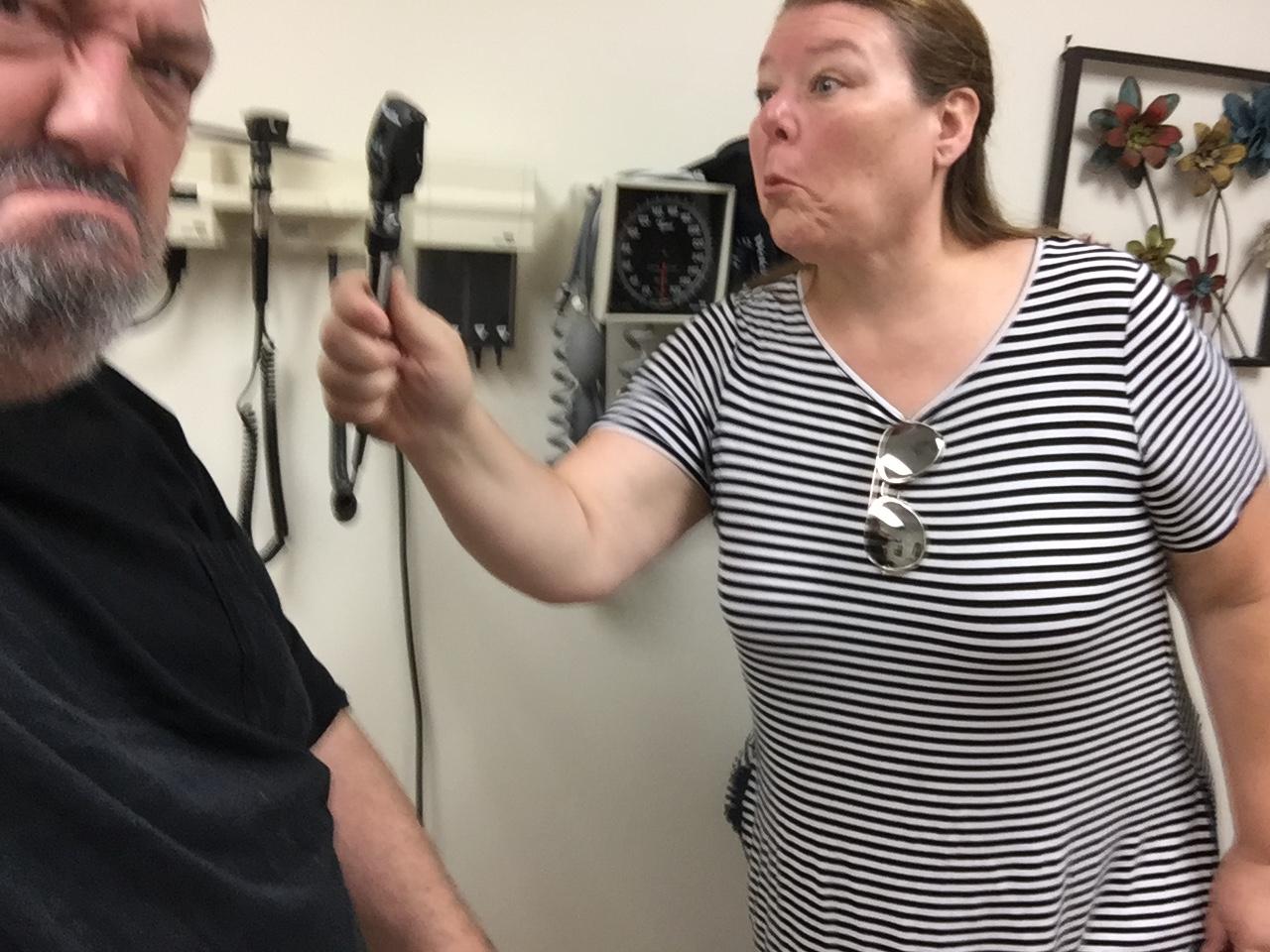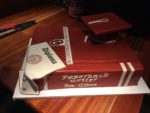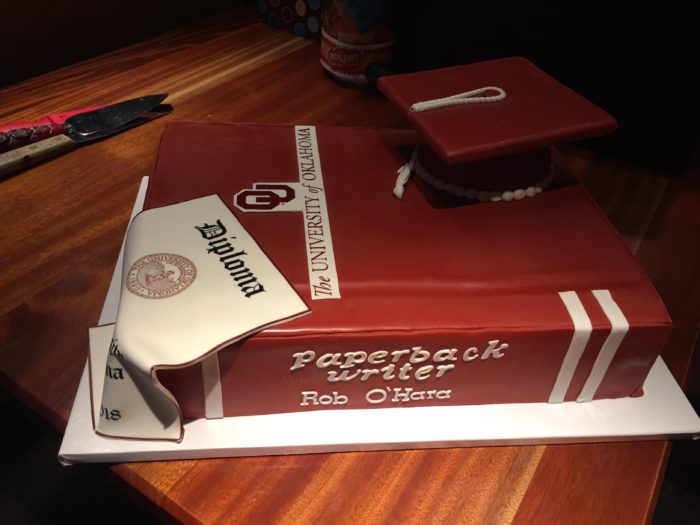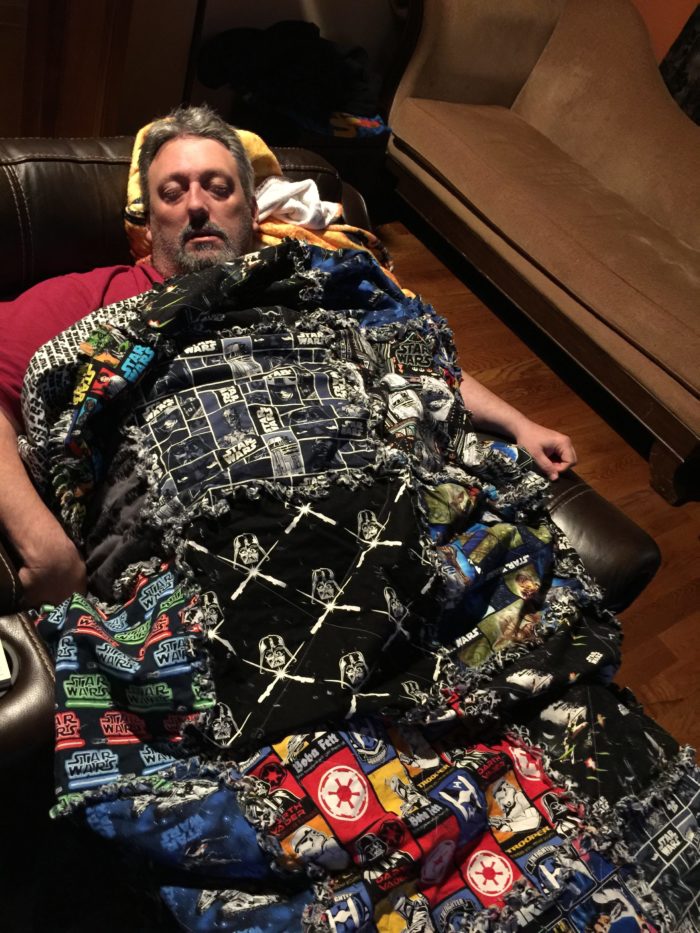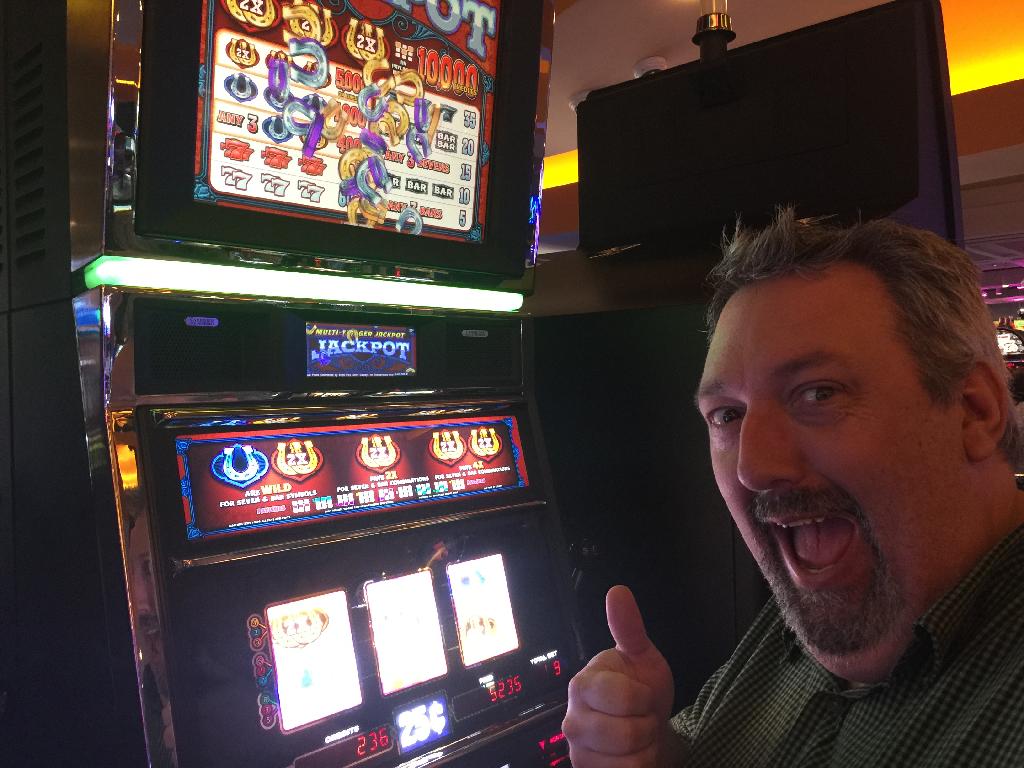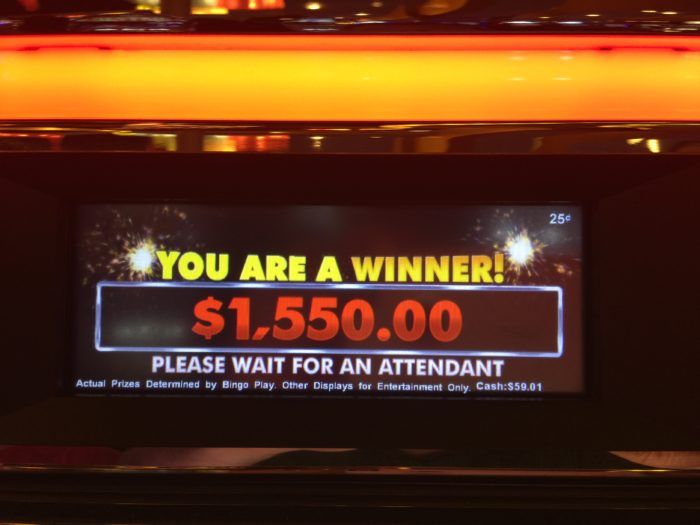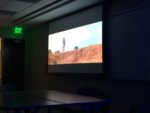This semester, along with two other classes, I began work on my senior project — a fiction novel. Each week, I write a new chapter for my novel and present it to the head of my committee. During our weekly sessions, my professor reads the chapter and provides me with immediate feedback.
Project is the intersection where form meets art. For two years I’ve been reading and learning about story structure, plotting, character development, and pacing. Project is where students write their own stories, applying the structures lessons we’ve (hopefully) learned. Next semester, after my novel is finished, I’ll present copies of it to three professors of the professional writing program. A few weeks later after they’ve had time to read it, I’ll be asked to defend my choices just like a dissertation. My stomach knots just thinking about that day.
I was a lot better at writing when I didn’t know how to do it. When I didn’t know how to write, the words sure flowed. Every single night I wrote something — blog posts, articles, short stories, reviews… heck, I even cranked out a couple of self-published books. When I look back knowing what I know now, it’s hard not to pick those things apart. That’s not to say that some of them weren’t good, but most of them contain flaws that bug me.
The first chapter of the novel I turned in felt forced. It was wordy and weak and didn’t have much to do with the novel’s overall plot. My professor didn’t say anything, but inside, I already knew. The second chapter I delivered was met with slightly more puzzled looks. On week three I left home with a third chapter for my professor to read, but by the time I got to her office I decided not to let her read it. Instead, we had a talk about going back to the basics — applying the lessons I had learned. She also told me I start my stories too early, which is true. I’m working on it.
After agreeing to scrap the first three chapters, I put everything I had into the next week’s chapter. I wrote, then second, and finally third-guessed myself. Originally I had taken a generic story structure and tried to write a novel that would fit inside those parameters. After that, I tried taking my story and cramming it into an established format. That didn’t work, either. After working and reworking, I had a moment of zen — or so I thought. I quit trying to force a poorly drafted story to work, stopped trying to force myself into applying rules that weren’t helping, and just wrote.
I just wrote!
It’s hard to explain what the difference was, but things started falling into place. I wasn’t sure I was doing things “right,” but at least it finally felt right. The story, plot, and scenes finally began to fall into place. I began to tell the story I wanted to tell. I separated my scenes and sequels, and made sure my scenes ended with a setback. I was no longer changing my story to fit the format; now I was simply rearranging things to fit the structure we had already learned.
When I met with my professor the following week, I was a bundle of nerves. I was so anxious to hear her feedback that I literally had to leave the room as she read my chapter, and returned just as she had finished reading it. Before giving me feedback, she asked what I had done different with this chapter. It all came spilling out. I told her (or at least tried to explain) what had clicked. I (politely and respectfully) began to rant about form — about structure, and plots, and characters. All of it. I told her about changing my story to fit into a cookie-cutter form, and writing a story to fit into a form. By the time I was done I had no idea what words were coming out of my mouth.
When I finally stopped talking I realized I sounded like a mad man, a fact my professor confirmed. Before I could say anything else, she asked if she could show me the corrections she had made to my most recent chapter. I hesitantly agreed, and she proceeded to flip through all fifteen typed pages, showing me that she hadn’t made a single mark.
She then flipped back to the first page and drew a star in purple ink at the top of my paper. After confessing she wasn’t entirely sure what I was so worked up about, she said this was the best chapter I had handed her over the past two years. “Do this a few more times,” she said, “and we’ll have ourselves a novel.”
I wasn’t sure if I should laugh or cry, so I laughed while sitting in her office and cried a little when I got back to my car.
Whatever finally clicked, clicked good. Last week I turned in the seventh chapter of my novel, and while there have been a couple of weak and confusing plot points and lots of minor suggestions, it seems like I’m finally on track. I don’t know if the story I’m writing will have any mass-market appeal, but I’m enjoying writing it, and things finally seem to be coming together.

